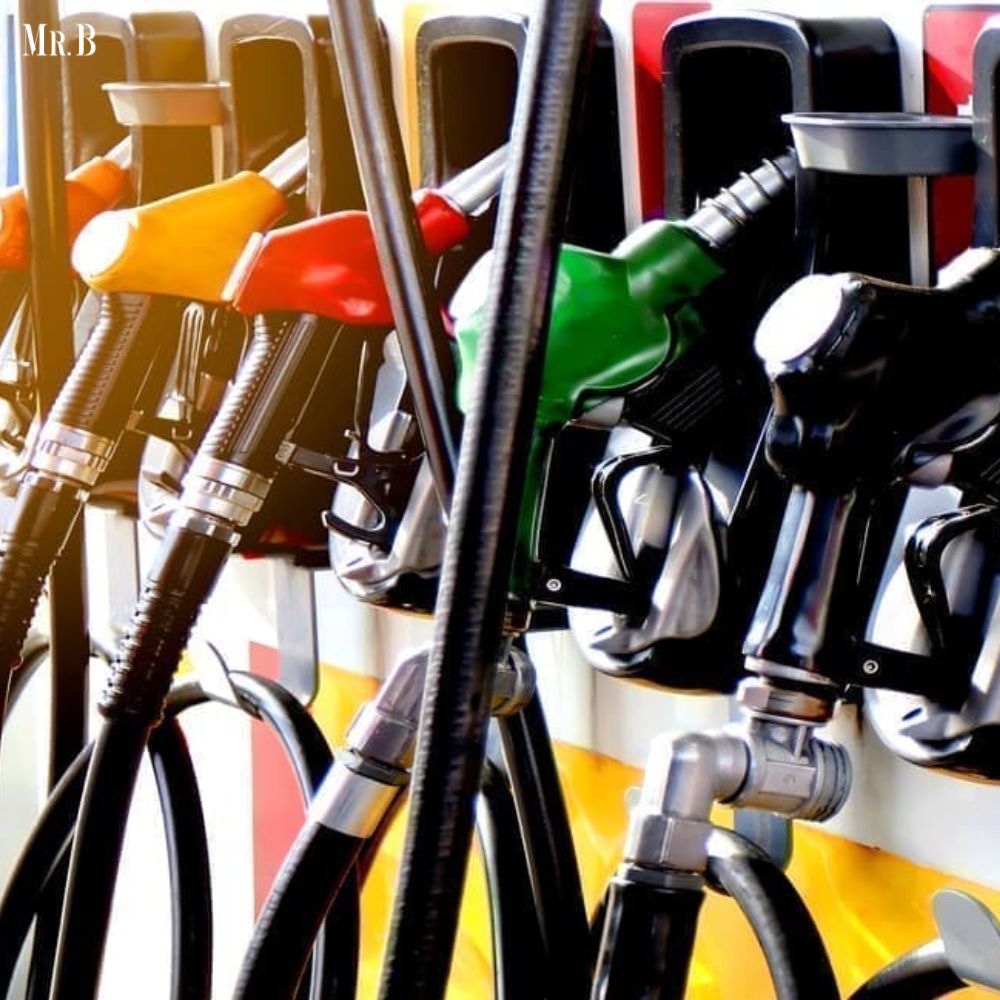The primary aim of this move is to stabilize the domestic fuel market, as announced by the government on Thursday.
It’s worth noting that this export ban does not extend to fuel supplied under inter-governmental agreements with members of the Eurasian Economic Union, a group led by Moscow and consisting of Belarus, Kazakhstan, Armenia, and Kyrgyzstan. The government explained its decision, stating that these temporary restrictions are intended to boost fuel availability in the domestic market, ultimately leading to reduced prices for consumers.
The energy ministry emphasized that this measure is designed to prevent unauthorized “grey” exports of motor fuels. Importantly, the ban has no set end date, and any further actions will depend on how well the market becomes saturated. Russian First Deputy Energy Minister Pavel Sorokin stated, “We expect that the market will feel the effect quickly enough. But then it will depend on the saturation of the market and the results.”
Russia has been grappling with fuel shortages in recent months, which have led to a surge in wholesale fuel prices. However, retail prices have been controlled to align with official inflation rates. The impact of these shortages has been particularly acute in some regions of Russia, especially in its southern agricultural areas, where fuel is essential for the harvest.
This situation is crucial, given the upcoming presidential election in March, making it a potentially delicate issue for the Kremlin to manage. The immediate implementation of the ban excludes fuel supplied under inter-governmental agreements to members of the Eurasian Economic Union, comprising Belarus, Kazakhstan, Armenia, and Kyrgyzstan, as stated. The Russian government has issued this measure with the aim of temporarily restricting fuel exports to invigorate the domestic fuel market, subsequently leading to reduced prices for consumers.
Fuel Market Disruption: Russia Indefinitely Bans Diesel and Gas Exports
The energy ministry has clarified that this step is taken to prevent unauthorized “grey” exports of motor fuels. In recent months, Russia has grappled with shortages of gasoline and diesel, witnessing a surge in wholesale fuel prices. Nevertheless, retail prices have been kept in check to align with official inflation rates.
The impact of these shortages has been particularly severe in specific regions of Russia, particularly in its southern agricultural zones, where fuel plays a pivotal role in the harvest. The timing of this crisis is delicate, considering the upcoming presidential election in March. Traders have pointed to various factors affecting the Russian fuel market, including refinery maintenance, railway bottlenecks, and the ruble’s depreciation, which incentivizes fuel exports.
Russia has already reduced its seaborne diesel and gasoil exports by nearly 30%, amounting to approximately 1.7 million metric tons (1.87 million tons), in the first 20 days of September compared to the same period in August, according to traders and LSEG data.







